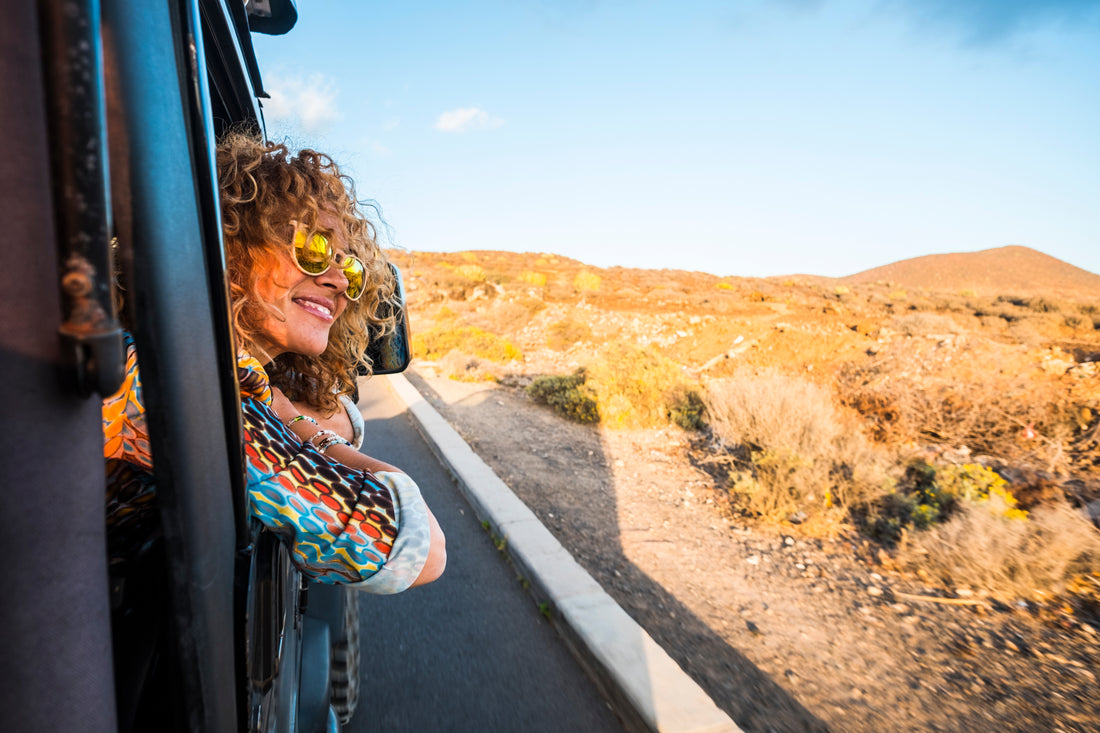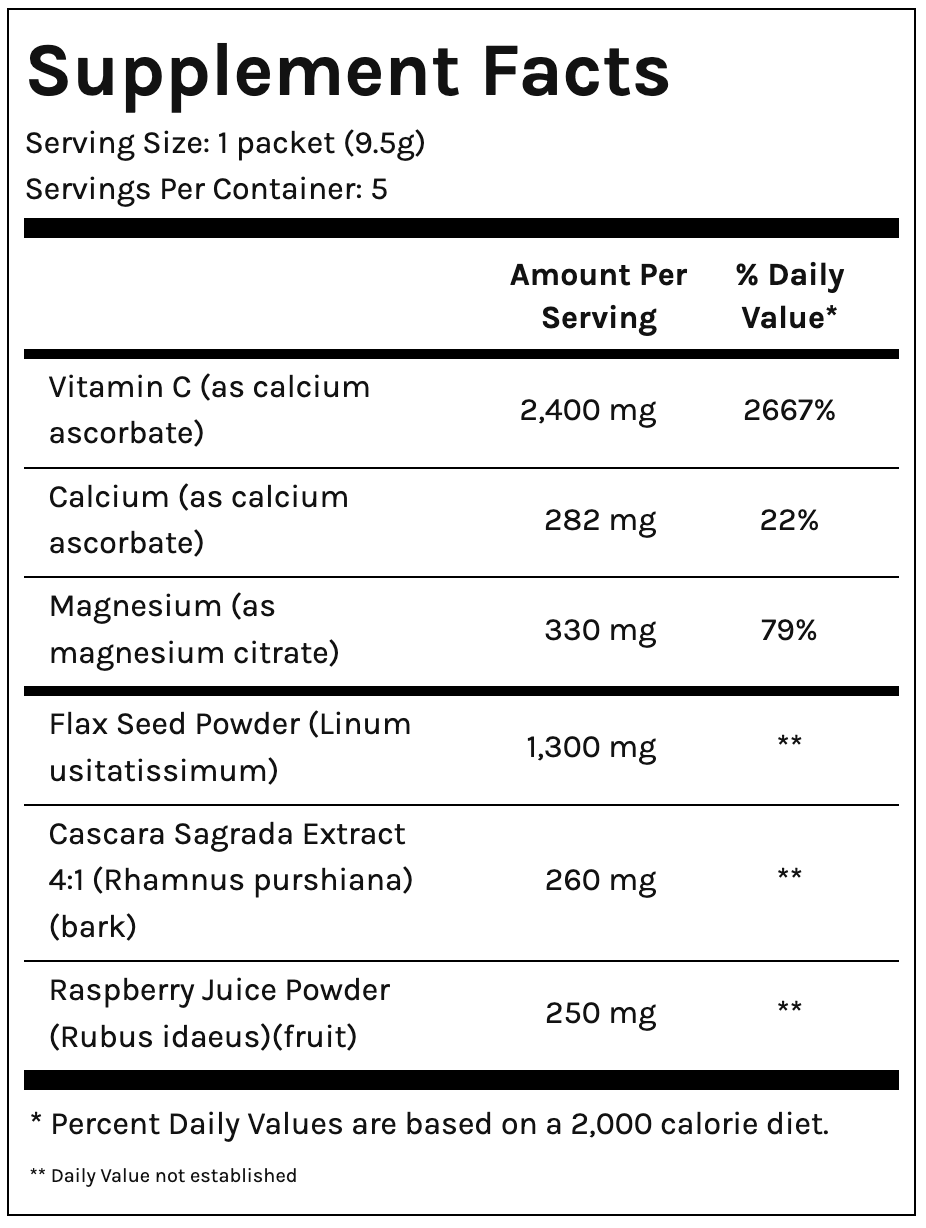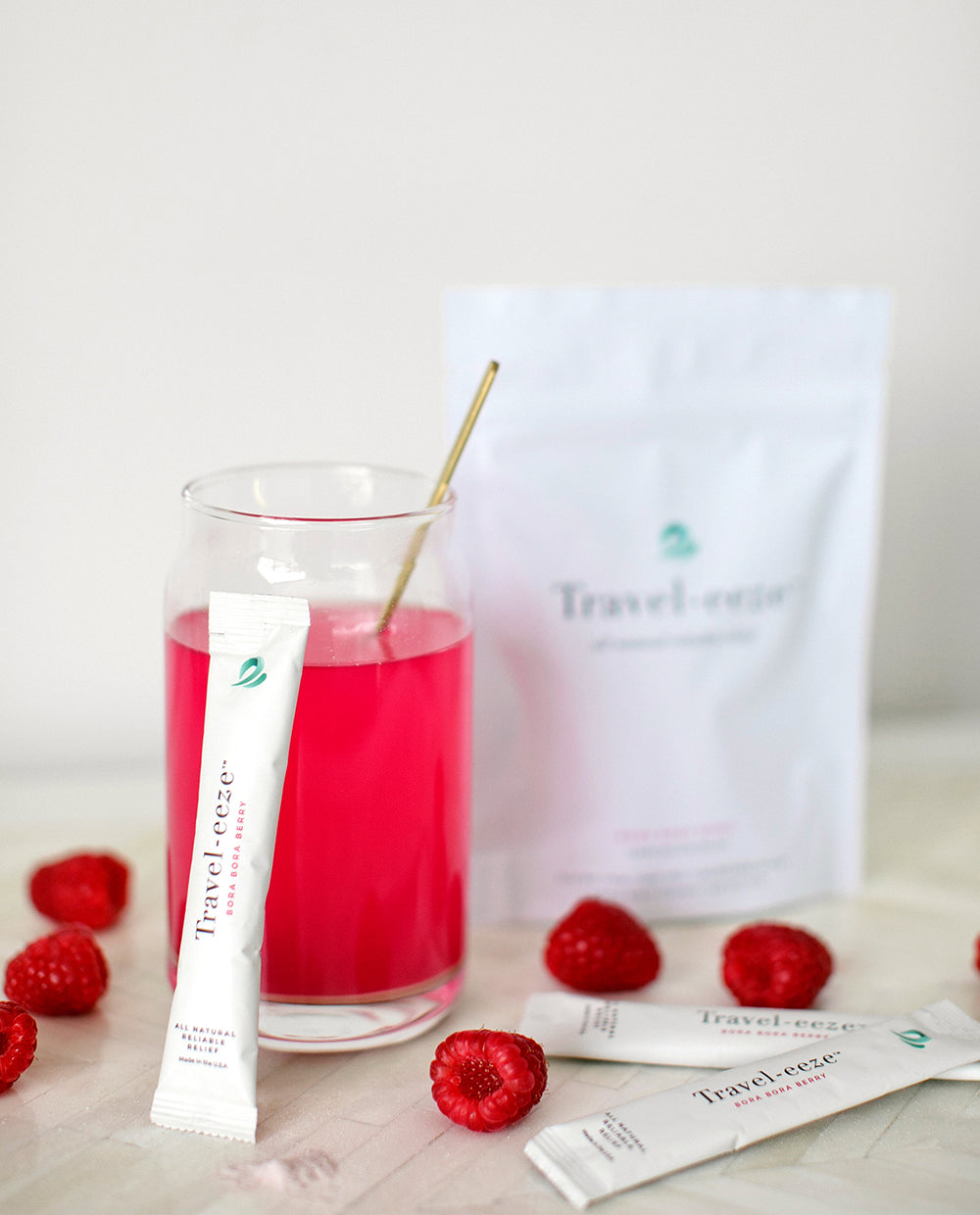Travel is always an exciting opportunity to see new places, meet new people, and try different cuisines. However, your options may be limited if you have dietary restrictions. Perhaps you have allergies or illnesses that limit the type of food that is safe for you to eat. Maybe you can only eat certain foods because of religious or lifestyle reasons.
How can you ensure a fun and safe travel even with dietary restrictions?
How Does Travel Disrupt Gut Health?
Before we go into our tips for traveling with dietary restrictions, let’s first take a look at how and why it disrupts your gut health.
Changes in Schedule
Especially when you’re traveling to a different time zone, changes in what, how often, and how much you eat can throw your gut out of the loop. Early flights or call times can also disrupt your sleep or meal times, or make it hard to eat or hydrate enough on time.
Having to sleep in a different environment, especially if there’s a struggle, can disrupt your body’s natural processes too.
Air Travel
Being on a plane can affect your gut because of changes in air pressure and altitude. They could cause the air in your body to expand, potentially causing constipation. For quick relief, Travel-Eeze’s individually packed supplements are easy to dissolve in water – even on flights.
More Sitting
Sitting for an extended period is bad whether you’re traveling or not. Traveling would have you sitting much more when you’re waiting or on the ride. This causes digestion to slow down, leading to potential problems.
Increased Stress
As much as you’re there to relax, traveling can be stressful. You need to make sure you make it to your destination on time and you may have to deal with unexpected changes and events. Due to the strong gut-brain connection, your stress can easily manifest as physical symptoms such as stomach cramps.
Stock up on snacks and meals
The surest way to eat without worrying about your dietary restrictions is to stock up on snacks and meals. Prioritize food you can eat from a pack and on the go, plus meals you can simply reheat. Refrigerated goods in small coolers also give you easy-to-eat options.
You can also prepare foods that you can easily eat by just adding water, or you can invest in protein/energy bites or bars, healthy crackers and chips, and even shelf-stable goods.
It’s also important to pack medication just in case. Bring an Epi-pen or antihistamines if you have allergies. If you have IBS or other bowel problems, you can bring peppermint oil, loperamide, or natural supplements with fiber and natural probiotics to help you ease any discomfort.
Choose your accommodations carefully
Your choice of accommodations shouldn’t be based solely on your budget or the fun amenities. They should also be willing to or be capable of accommodating your food restrictions. Whether you’re booking a hotel, hostel, or AirBnB, one key thing to look for is a refrigerator. This will enable you to bring and store your own food, which you can safely consume throughout your trip. A microwave is also a big plus.
If you’re going on a longer trip, an in-room kitchen can be an advantage. This is where AirBnB rentals can truly shine as they usually offer this option. This way, you can buy ingredients and prepare your own meals. You don’t have to worry about where your food is from and you’d know exactly what is in it.
Location also matters, not only for convenience when you’re traveling. Proximity to a convenience store where you can buy safe foods or markets where you can stock up on ingredients can help.
Research restaurants ahead of time
Dietary restrictions can take out the fun possibility of being spontaneous with your food choices. That being said, with the right amount of research, you don’t have to completely discount the possibility of missing out on delicious local restaurants.
Restaurants these days often make their menus easily accessible online. You can try looking at Instagram accounts, Google Maps, and official websites to look for menus. There are also plenty of apps that list restaurants for people with celiac disease, food allergies, or other food intolerances.
It’s also good to be proactive and tell the staff right away if you have dietary restrictions. This is for when you go to a restaurant or before booking a cruise. It also helps to ask the chef about how food is prepared if you are sensitive to cross-contamination. If the pan or other utensils are used to cook foods you cannot eat, ask if they can use a separate set for your meal.
Requesting for substitutions can also help. However, if this is too complicated – especially if you’re going somewhere there’s a threat of a language barrier – try to ask for simple meals and modify from there.
Finally, be vigilant and look at your plate before eating. Make sure there isn’t anything you can’t eat before digging in.
Bridge the language barrier
If you don’t speak the language of the area you’re visiting, use Google Translate to your advantage. Miscommunication can be deadly, depending on the type of dietary restrictions you have.
One practice that can be useful is a “dining out card”. These are printable cards that state your food allergies, intolerances, or other restrictions in the local language. Use these to help you communicate with staff and locals.
Other Tips for a Healthy Gut While Traveling
Keeping your bowel movement regular and your gut healthy while traveling can be challenging but it is not impossible. Here are some tips to consider:
- Stay active by getting enough movement and physical activity during your trip.
- Make sanitation a priority. Make sure you know where your food is coming from and how it is prepared, and wash your hands or use hand sanitizer as frequently as possible.
- Get enough sleep and try to get your body to feel “at home” as quickly as you can.
- Stay hydrated. Proper hydration supports healthy digestion. Make sure to drink at least eight glasses of water a day to prevent digestive problems.
- Eat foods rich in fiber and natural probiotics, or use a supplement. These don’t only help ease discomfort but prevent it from happening in the first place.
Traveling with dietary restrictions does not have to be a stressful experience. With sufficient preparation and research, you can still make the most of your dream vacation.





